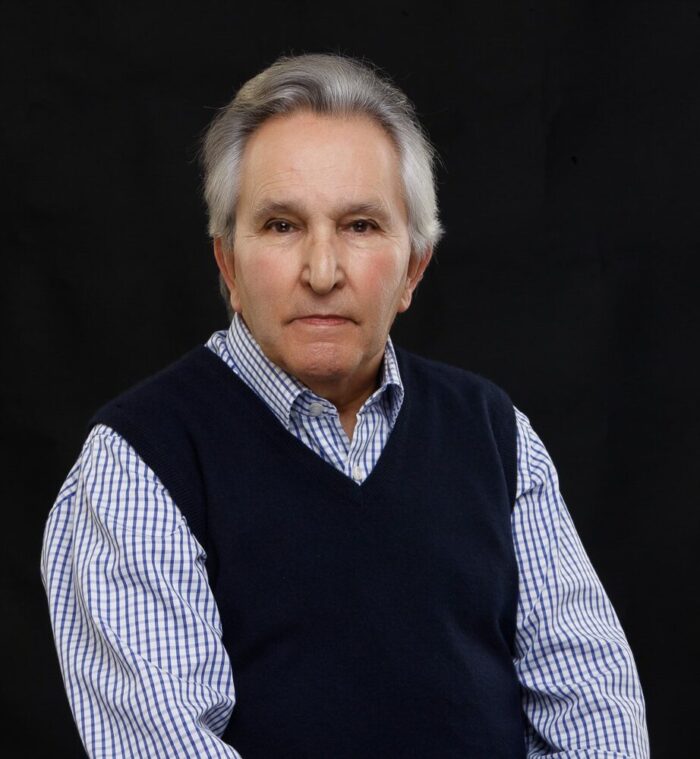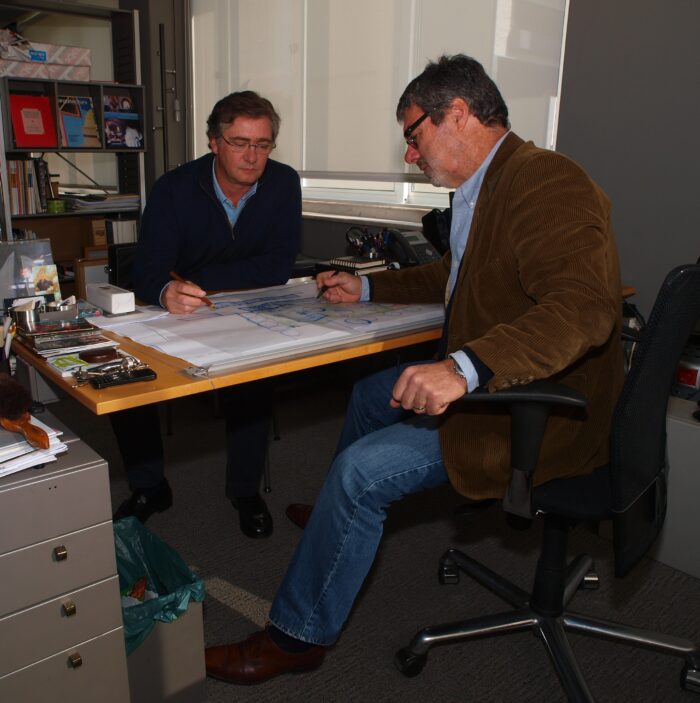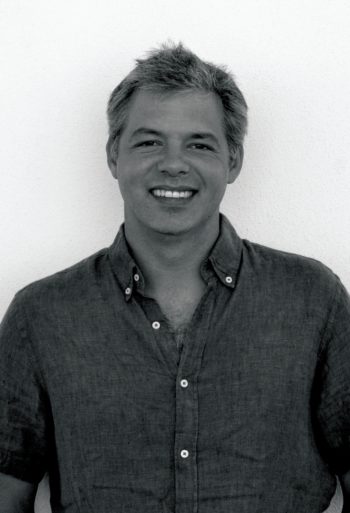A conversation with Engº Carlos Matos de Pinho

A conversation with Engº Carlos Matos de Pinho
'The variety of work allows me to have a very relevant breadth of knowledge and experience. (...) The diversity of themes is motivating for me because curiosity and constant challenges keep us active, always awakening the need to learn'
To get to know you better, tell us about the start of your career.
I graduated from FEUP in 1985, when the economic crisis was acute. I joined Engil SA in 1987 and began my professional career in production, on the A3 AE Porto-Valença. This first phase of my career allowed me to work on a variety of projects such as road and railway infrastructure, construction and hospitals. The most challenging projects were the A1 Pombal-Condeixa, symbolic of the long-awaited completion of the Porto-Lisbon motorway (for which BETAR designed 17 overpasses); the Pedro Hispano Hospital in Matosinhos (at a time when I joined OPCA – Obras Públicas e Cimento Armado), due to its size, complexity and because, as a design-build project, it involved a very incisive intervention of solutions; and the Ínsuas viaduct, returning to the A3, a challenging project due to an innovation in Portugal in a bridge construction methodology.
In 1997 I took on the project of Herso SA, a railway works company in Argentina, acquired by Engil SA, where I got to know railway rehabilitation. Then, for around 12 years, I was involved in the Road Concessions program, in various positions and types of responsibility. At the time, Mota e Companhia SA and Engil – Sociedade de Construção Civil SA (later merged into Mota-Engil SA) led a group of 11 Portuguese construction companies. I took an active part in developing the structure of the Builder of the Northern Concession, which was later replicated in the group’s successive concessions, such as Costa da Prata, IP5, Grande Porto, Grande Lisboa, Douro Interior and Pinhal Interior. It was a period of great intensity and variety of work, which allowed me to have a very relevant breadth of knowledge and experience. These years were spent in contact with Paulo Gomes, now a partner at BETAR (whom I am delighted to have met again).
It’s important to emphasize that the diversity of topics is motivating for me because curiosity and constant challenges keep us active, always awakening the need to learn.
You’re currently in charge of Project Control at Mota-Engil Peru. How did you get to South America?
The internationalization of my career began in Malawi, on the Nacala Corridor project – lot 3, green field construction of 136km of railway line, then the largest contract in Mota-Engil’s history, where I remained from the first stone of the work, with responsibility for project coordination and quality control, until final delivery. At the same time, I took on other projects in the market, including the rehabilitation of existing railway lines, that were almost a century old. In these challenging jobs, BETAR surveyed the state of the structures, assessing the condition of the bridges along the route and defining solutions, which ended with the construction of the new bridge over the Shire River. My career continued in Africa (Tanzania, Angola and Mozambique) and Latin America (Peru and Uruguay), respectively in the ports of Callao and Montevideo, with responsibilities in project coordination.
In 2018 was determined the implementation of the Last Planner System in the various markets of the Mota-Engil universe. My first approach was on the railway project in Tanzania (DSMSG), followed by the implementation of the methodology on specific projects in Colombia, Angola and Mozambique. Considering the benefits that the process has on the organization of project structures, improving efficiency, I am currently focused on implementing the methodology in the construction works for the Peruvian market, in addition to risk analysis and monitoring. We consider the perceived need to adapt to the characteristics of each project, analyzing performance to continuously improve processes.
We are currently preparing the proposal for the Huancayo Huancavelica Railway Concession. As part of the cross-cutting nature of our activity, due to our experience in Malawi and the similarity of the situation regarding the rehabilitation of bridges on the Nkaya-Limbe section, it was decided to contact BETAR for the rehabilitation of the railway, which is 128 kilometers long and includes 15 bridges to be repaired, among other structures.
What are your prospects for the future?
Now I’m committed to continuing to develop the two main points that mobilize me, and which, given the receptiveness shown, will certainly bear fruit that will be harvested, not in an obvious way, but integrated into the results. Personally, I’m willing to stay out of Portugal for as long as I can, in this case in Peru, a country that has welcomed me extremely well and where I like to be. Being involved in the projects allows me to get to know the country from end to end, an experience that enriches me greatly, given that it is a culturally rich country, with history, very interesting traditions and, very importantly, exceptionally friendly and cordial inhabitants.
This interview is an integral part of Revista Artes & Letras #167, august 2024
Partially automatic translation from portuguese: some expressions may differ from their actual meaning.
News & Interviews
A conversation with Eng. António Rocha Cabral
'From the initial group, I am left to tell the story of BETAR, which was, from the beginning, also a circle of friends with similar ideas.' Read more
A conversation with Arch. Tomás Rebelo de Andrade and Arch. Jorge Garcia Simões
'The word complicate is not part of our lexicon because we want what we do to be discernible and to be read’ Read more
A conversation with Arch. Afonso Almeida Fernandes
‘CAuSA intends to be an association of architects and engineers, who want to help, but it lacks time and initiatives’ Read more




